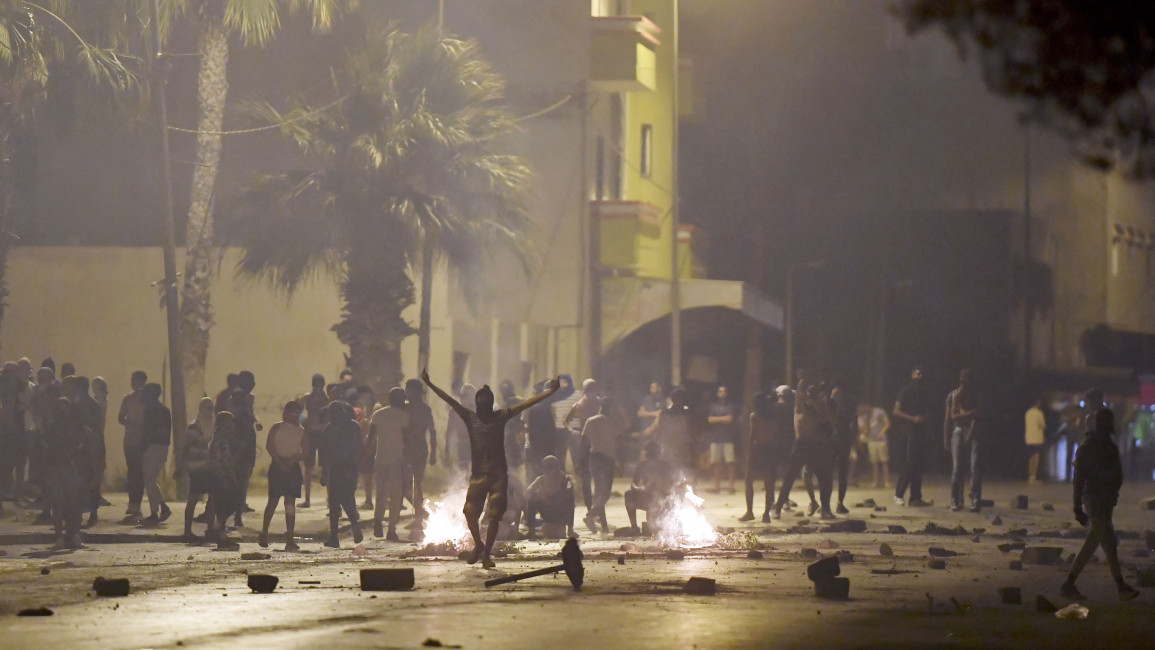Amnesty sounds alarm over Tunisia military trials since Kais Said's power grab
A growing number of Tunisian civilians have faced trial before military courts since President Kais Saied's July power grab, in some cases simply for criticising authorities, Amnesty International warned Wednesday.
"In the past three months alone, the military justice system has investigated or prosecuted at least 10 civilians for a range of offences," the rights group said in a statement.
That compares to just six cases of civilians brought before these courts between Tunisia's 2011 revolution and 2018, it said.
It highlighted four cases of civilians, a television presenter, two MPs and a prominent social media activist, "brought before the military justice system simply for criticising the president".
"Civilians should never be tried in military courts," said Amnesty's Middle East and North Africa director, Heba Morayef.
"Yet in Tunisia, the number of civilians brought before the military justice system appears to be increasing at an alarming rate - in the past three months alone, more civilians have faced military courts than did in the preceding 10 years.
"As Tunisians debate the uncertain future of their country, it is more important than ever that authorities protect their right to do so freely -- even when deemed 'insulting' -- without fear of persecution," Morayef added.
Saied on July 25 sacked the government, suspended parliament and seized an array of powers, citing an "imminent threat" to the country.
Then on September 22 he suspended parts of the constitution and installed rule by decree, maintaining full control of the judiciary as well as powers to sack ministers and issue laws.
Saied technically heads a cabinet installed in October and parliament has remained suspended, its members stripped of their immunity.
The president also has the final say over nominations of military judges and prosecutors.
Amnesty argues that "military courts lack independence" and that "under international human rights law civilians should never be brought before military courts, no matter what the charges against them."



